Ash Wednesday and Lent
Traditionally the 40 days before Easter were a time of preparation for those to be baptised and a time of penance for those who committed a public offence – culminating in the admission and re-admission into the full communion of the church at Easter.
Very early on, from about the 2nd century, this time of penance and preparation was extended to everybody, not just the catechumens and those who sinned publicly. It coincides with the 40 days Jesus spent fasting in the desert – although Lent is longer than 40 days as Sundays always celebrate the Resurrection and are therefore not part of Lent.
There is every freedom to make the Season of Lent meaningful to individual circumstances, either through giving something up, take stock and make inventory of what is important or hindering in one’s life, or by adding something: a spiritual practice, a voluntary service or a beneficial habit. It does take about 6 weeks to form a habit, so Lent offers an annual opportunity to make changes in one’s life. Fasting days are Ash Wednesday and Good Friday, with the tradition to only have one full vegetarian meal and two smaller snacks on these days.
In our tradition Ash Wednesday serves as a reminder of the fragility of life, a memento mori. Through the imposition of Ashes we are told that we are bound to die and that our time on earth in our bodies is limited.
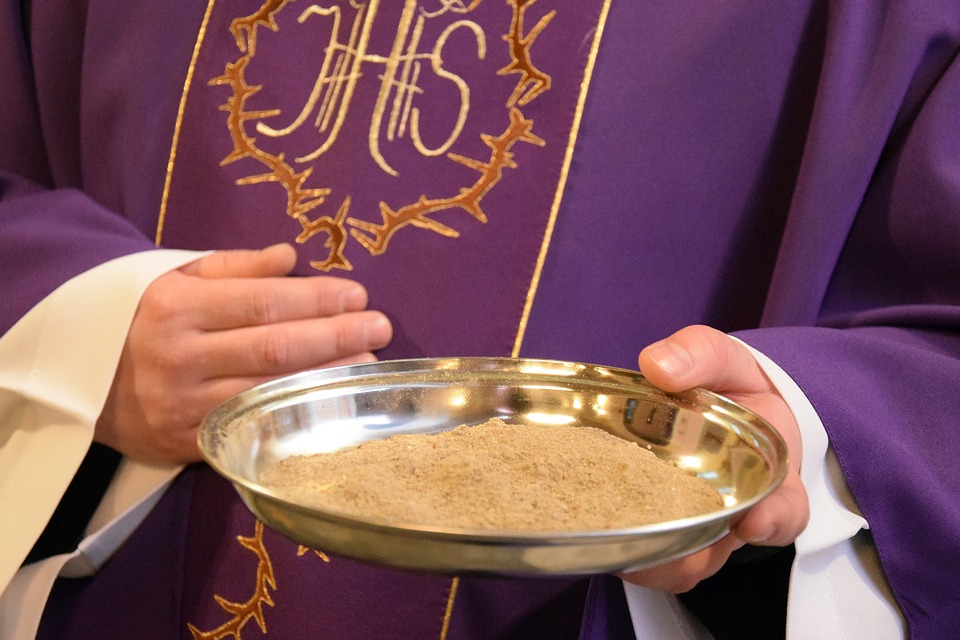
The 4th Sunday of Lent is known as Laetare Sunday (Be joyful!) and is also celebrated as Mothering Sunday in this country. The liturgical colour rose (a mix of purple and white) demonstrates a tentative joy – half of Lent is over, we celebrate the mothering love of God and the love we received from our mothers and step into the more serious part of Lent following.

The last two weeks of Lent from the 5th Sunday of Lent until Maundy Thursday are known as Passiontide and are traditionally kept as the most solemn season of Lent. When you enter church you will immediately notice the covered crosses and statues – they are impossible to miss and might even look a bit sinister.
To cover crosses at a time when the Passion and cross of Christ is the focus of attention is somewhat counterintuitive. Originally only precious items like gold or gems were supposed to be hidden, as this felt a bit inappropriate whilst remembering the crucifixion. I very much like the practice for another reason: the point of hiding is to focus the attention. To hide something with purple veils is so blatantly obvious that it immediately raises attention – and an involuntary curiosity about what is hidden underneath. To unveil the cross on Good Friday and the statues during the Easter Vigil helps us to see afresh what we are completely used to seeing all the time.



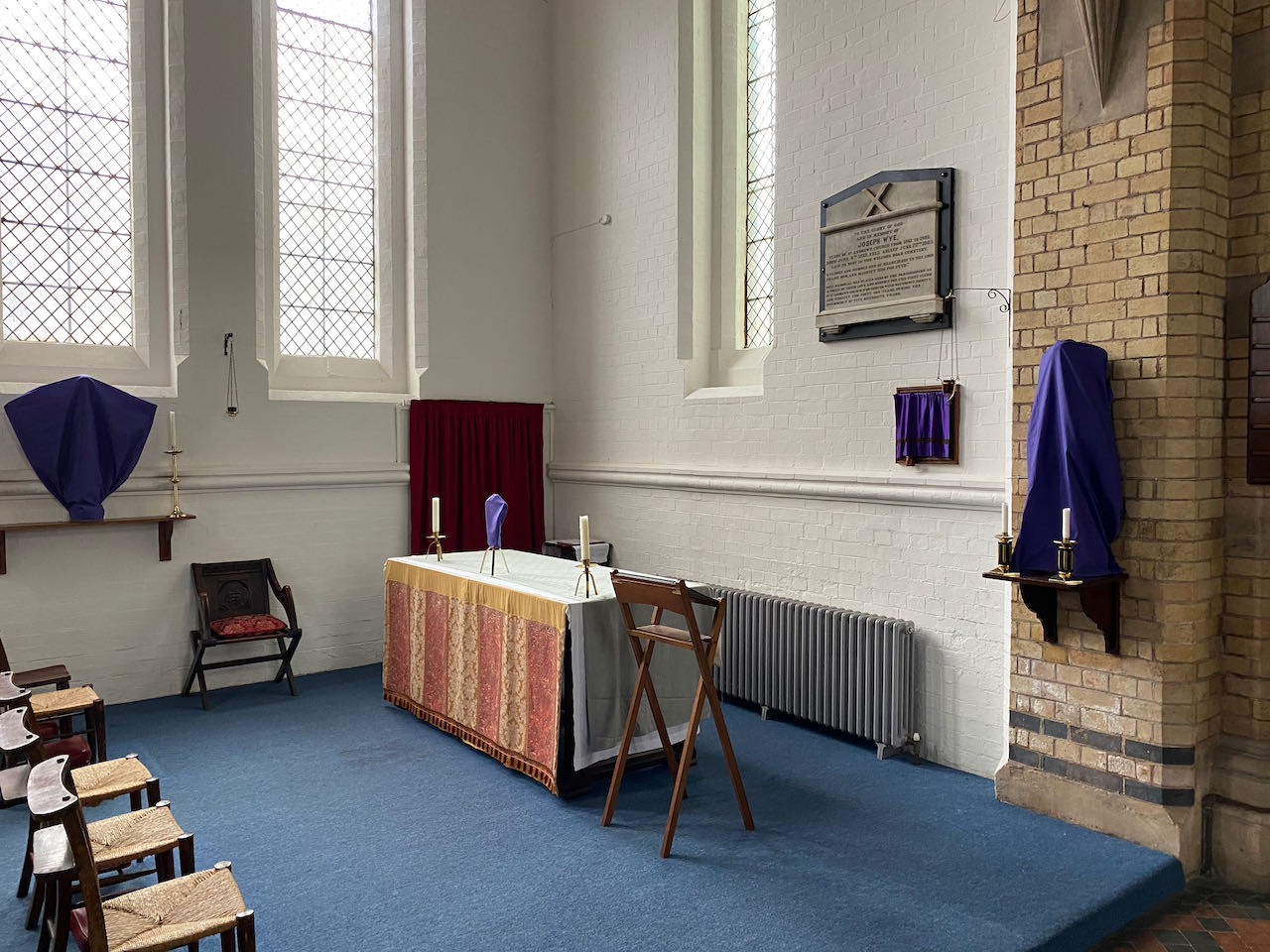

Holy Week and the Triduum
Having prepared during the penitential season of Lent for the Easter Feast, the last three days before Easter are very special: they are known as the Sacred Triduum (the three Holy Days). In these three days the church worships continuously (at least in theory).
The service starts on Maundy Thursday evening with the celebration of the Last Supper, the institution of the Eucharist and the re-enacting of the serving nature of Christ the King in the washing of the disciples’ feet. After staying with Jesus in the Garden of Gethsemane (answering Jesus’ question: Could you not watch with me for one hour?) we interrupt the service and have a rest.
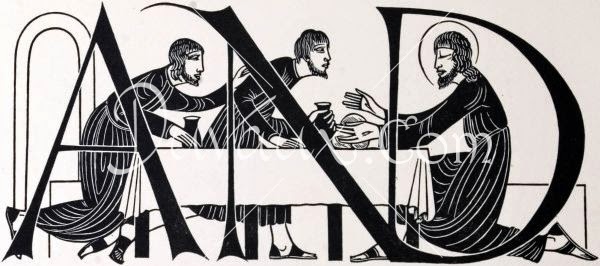
However, the service of Maundy Thursday has no proper ending; it continues on Good Friday as we join with Our Lord in the hour of his crucifixion and death. As our gathering on Good Friday is a continuation of the service begun the night before, it has neither a formal beginning nor a formal ending.
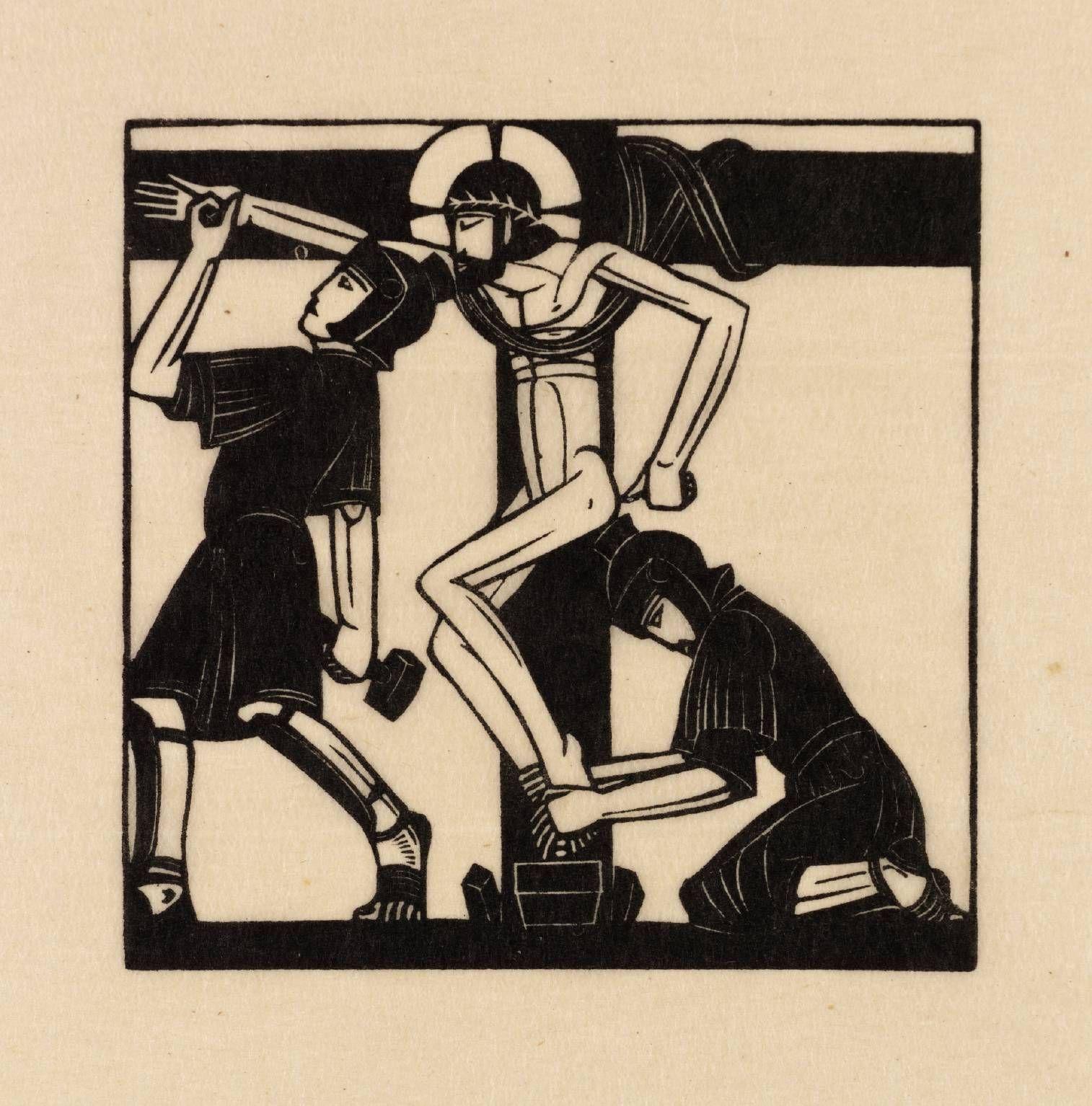
Holy Saturday (which is the Saturday in Holy Week, the day before Easter, Easter Saturday is Saturday in Easter Week) not much happens – the tabernacle is empty, no candles are lit in church. Our Lord has died, ‘he descended into hell’, we wait.
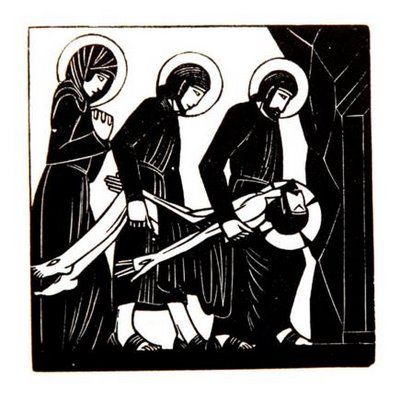
The Easter Vigil is the final part of the Sacred Triduum. Again, we begin without formally beginning to worship – after having rested from worshipping we continue the main service of the Christian year begun three days ago.
This service combines the ‘waiting’ of the Church in Vigil, the greeting of the Risen Christ, our rising to new life in him in Baptism, our answer to Christ’s call through Confirmation and the first Eucharist of Easter concluding the worship of the past three days. Following this ‘worship marathon’ all of us deserve something to make the celebration tangible: often the Easter Vigil would be followed by a hearty breakfast (or some celebratory beverage).
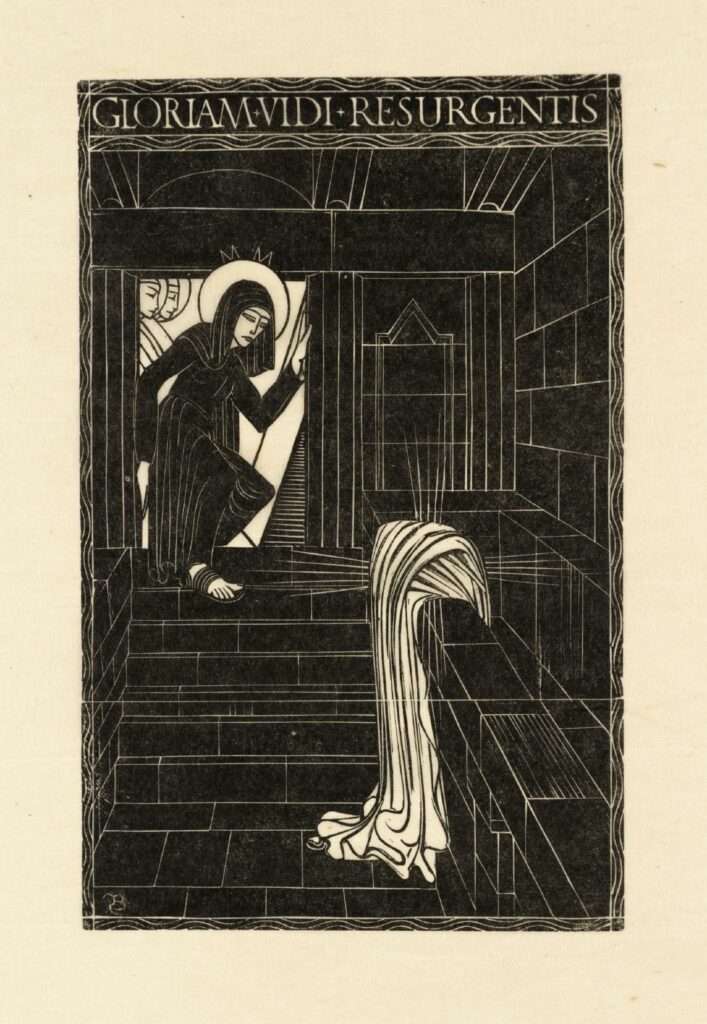
Mass Times for Lent (all at St Andrew’s unless specifically mentioned)
- Every Sunday, 10.30am Parish Mass
- Every Wednesday, 12.30pm Rosary followed by Mass at 12.45pm
- Other weekdays (Monday, Tuesday, Thursday, Friday) 8am
- Saturday 8.30am Missa Latina
Ash Wednesday
Ash Wednesday falls on the 5th March this year. As many of us work during daytime there will be three Masses with Imposition of Ashes, the usual Wednesday Mass at 12.30pm and an extra Mass at 8am in the morning and a Choral Mass at 7pm in the evening. You are most warmly invited to join us in church to begin a holy and blessed Lent.
Help needed!
- Church Cleaning and Decoration (ALL WELCOME – there will be cake!): 15th March, 29th March, 5th April: 9.15am to 11.15am
- On Holy Saturday (30th March) from 10am to 12pm we are arranging flowers under the professional leadership of florist Lucy Wiles – all welcome. Please (if possible) bring a pair of secateurs!

Lent Appeal
We would like to support 2 charities, one within the parish and one abroad.
The St Andrew’s Play Association nearby https://www.facebook.com/standrewsplayassociationSAPA is struggling and we are collecting money for them.
The Oasis Charity builds houses for poor people in Sri Lanka and is run by the (grand)father of members of our congregation.
Lent Sermon Series
For the 5 Sundays of Lent Frs Barry, Johannes & Stephen will focus on the theme of sacraments. The sermon is followed up by a conversation in St John’s Chapel after Mass for those who want to find out more and a youth session (for ages 10 to 16) in the Parish Room.
Easter Project Choir
This is something I am really excited about! This is an ideal and fail-proof way of trying out whether this sort of thing is for you.
- People of all abilities and experiences are welcome to join.
- You do not have to be able to read sheet music.
- Each voice will be supported by a professional singer you can follow and ‘hang on to’ – making things both stable and easier. This also means that the project cannot fail, the professionals will carry everybody along.
- I am delighted that Leicester based musician, teacher, singer, organist, pianist and conductor John Gull has accepted leading this project at St Andrew’s.
The three rehearsals are (you need to able to firmly commit to at least two of those):
- Tuesday 1st April, 7pm – 8.30pm
- Wednesday 9th April, 7pm – 8.30pm
- Wednesday in Holy Week, 16th April, 7pm – 8.30pm
On Easter Sunday 2oth April the project choir will sing during the 10.30am Festival Mass at St Andrew’s.
Interested in taking part? Talk to me! And do turn up on Wednesday, 13th March at 7pm.

Service Times for Holy Week & Easter
- Palm Sunday, 13th April, Parish Mass 10.30am
- Holy Monday, 14th April, Mass 8am, Mass 7pm
- Holy Tuesday, 15th April, Mass 8am, Mass 7pm
- Holy Wednesday, 16th April, Mass 12.30pm, Mass 7pm
- Maundy Thursday, 17th April, 7pm: Mass of the Last Supper followed by the Watch of the Passion until 10pm
- Good Friday, 18th April, 2pm: Celebration of the Lord’s Passion
- Holy Saturday, 19th April, Easter Vigil 8pm
- Easter Sunday, 20th April, 10.30am: Solemn Mass of the Resurrection of Our Lord
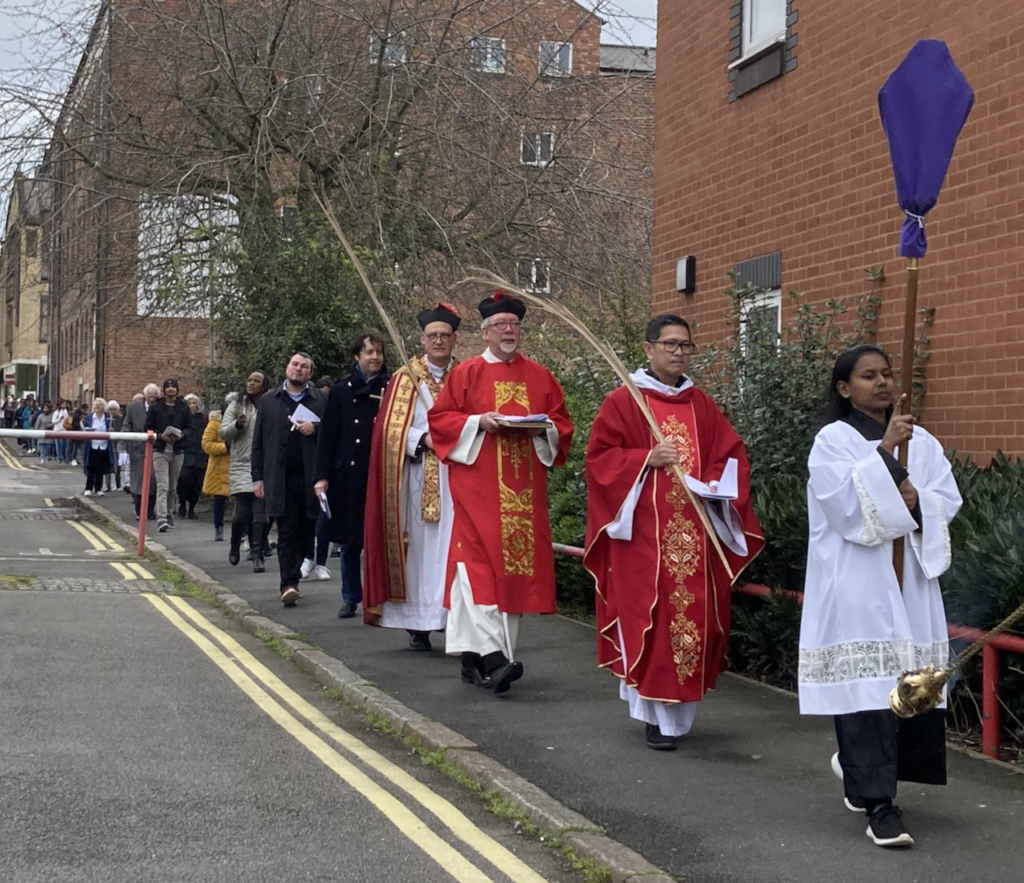
Easter Lilies on Easter Day
If you would like to make a special donation towards Easter Lilies (perhaps in memory of someone?) this would be most gratefully received. Would you be able to help with the cost? Please let Fr Johannes know if you want to pledge a specific amount.




